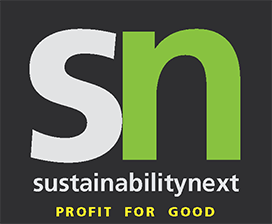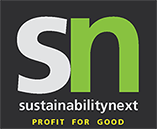Our concept is to provide safe on-site sanitation especially in areas where water tables are too high for fl ush toilets to operate as well as in areas of water-scarcity or rocky impervious areas. However , the approach is applicable to all areas and in fact if applied on a large scale, urban and rural, it can save huge quantities of water, produce signifi cant quantities of safe fertilizer and protect vast quantities of ground water and surface water.
The resulting impact on public health and well-being is enormous. Not only are there huge benefi ts to water supply and agriculture but also there are ultimately big opportunities for business and services. `10,000 to `30,000
Business model:
a. Funding Source: Various, governments, NGOs, charitable bodies, customers
b. Do the users pay, how much? Varies, some fully paid by user, some projects user pays 20 to 35%.
c. Rough subsidy element: Zero to 65%
• Rural and Urban: We do both. Future Plans: Continue to propagate sound ecological and sustainable approaches to challenges that humans create. Inspirational quote: ‘Seeing, and not smelling, is believing’
• ‘Don’t waste ‘waste’, because waste isn’t waste it’s a resource!’
History:
We designed and developed the urine diverting composting toilet in 1994 in Kerala in response to the need for sanitation in high water table coastal villages. We improved and propagated it across S Asia including designing and producing the original Ecopan. Knowledge has been disseminated through books, projects, workshops, demonstrations, conferences and seminars. Many Indian and international NGOs and many grassroots organizations have now learnt this technology and are also propagating it today, but the work all stems from the simple beginnings that we made in 1994.
We have built several thousand of these toilets in rural and urban contexts since then. By diverting urine, and thereby being able to collect it uncontaminated by faeces, it can be used as a liquid fertilizer. The faeces can be composted or dehydrated and sanitized and later reused as a soil improver. Anal wash water is also kept separate and applied subsoil to irrigate plants. Nothing is wasted, nothing is polluted and health is protected. When we began, people, especially those in authority, would fi nd it so hard to believe that such a toilet would work and that it would not smell.
I would have to drag them to see the toilets saying; ‘Seeing, and not smelling, is believing’ (see ‘Waterlines Jan 1997). Often their fear and imagination would get the better of them and they would escape the visit to our toilets. But whenever we succeeded (and it took many invitations and cajoling) the result was always the same: ‘I can’t believe it, it’s fantastic, it doesn’t smell at all!’ And at presentations I would also exhort people ‘Don’t waste ‘waste’, because waste isn’t waste it’s a resource!’ I hope many of your readers will be inspired to help in the campaign for an open-defecation-free India.
www.eco-solutions.org
paul@eco-solutions.org







